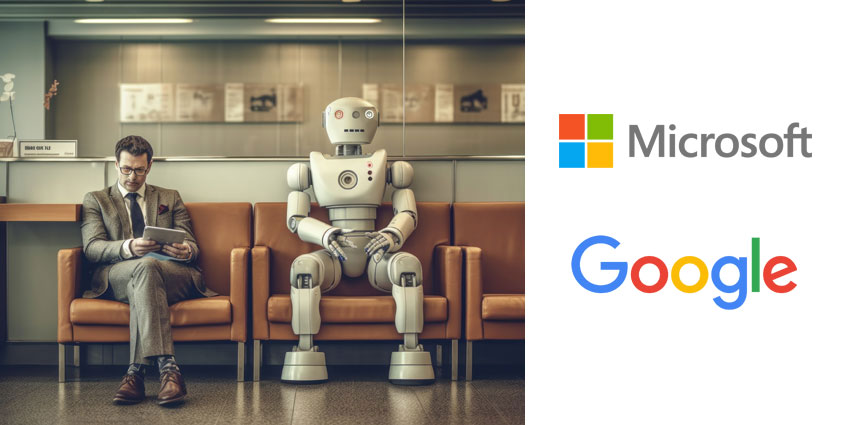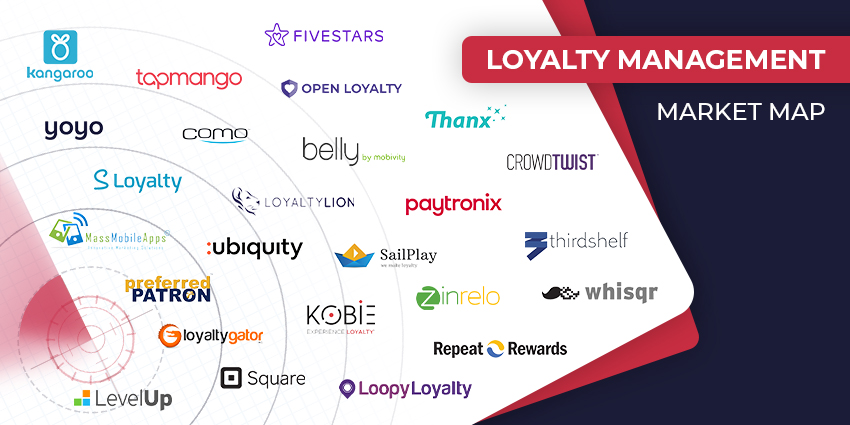A new report from consultants Deloitte has highlighted the ways organisations must respond to changed worker expectations in the face of COVID-19.
Deloitte’s 2021 Global Human Capital Trends Special Report identified four potential futures taking in different employer-worker relationships as well as evolving economic outlooks – with the supply of talent and the degree of government action deemed to be the most important factors.
“As leaders look to take advantage of a strong economic outlook, a common priority rises to the top consistently across industries—all things ‘talent.’ Leaders are transforming their workplace and workforce strategies to optimise every element of the talent experience,” said Joe Ucuzoglu, chief executive officer, Deloitte US.
“In the near term for many organisations, the new hybrid work model will help provide the flexibility people want while bringing them together in moments that matter most—offering the best of both virtual and in-person environments. For the longer horizon, it will be essential to reimagine talent in a way that optimises human potential for thinking, ideation, collaboration, and productivity—all while fostering purpose in the work that people do.”
The four futures include:
- “Work as fashion”, a reactive relationship where organisations are responding to worker feedback and marketplace trends in real-time – with Deloitte anticipating short term satisfaction but longer-term issues around inclusion
- “War between talent”, where talent supply outpaces the availability of jobs and employer-worker relationships thus become impersonal with the employer in a position of power – potentially leading to a drop in innovation
- “Work is work”, focused on clear dividing lines between work and personal life and professional employer-worker relationships.
- “Purpose unleashed”, whereby workers are united around a common goal and a communal worker-employer relationship is built. In this scenario, both parties are co-creators of organisational purpose.
“In today’s tumultuous and transitory environment, it is challenging for leaders to look beyond the in-the-weeds daily challenges. While defining hybrid work models is an important first step, creating a worker-employer relationship that empowers an organisation to thrive depends first and foremost on a clear, compelling and differentiated strategy that is sustainable in any possible future,” said Erica Volini, principal and global human capital leader, Deloitte Consulting LLP.
The research involved a combination of social media polling, live survey polling, AI-enabled focus groups, and interviews with business and HR executives and workers.







